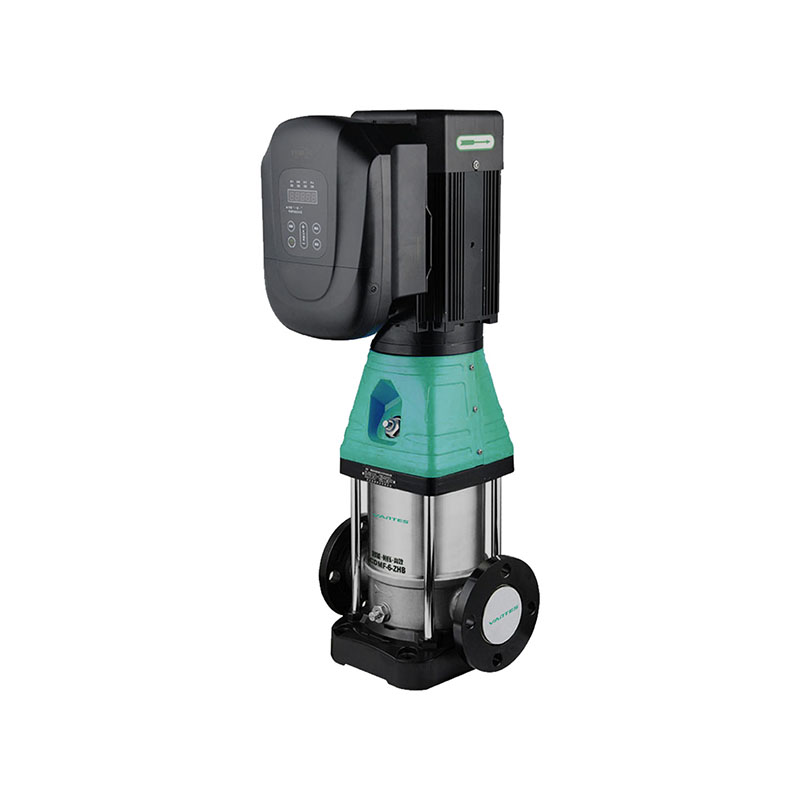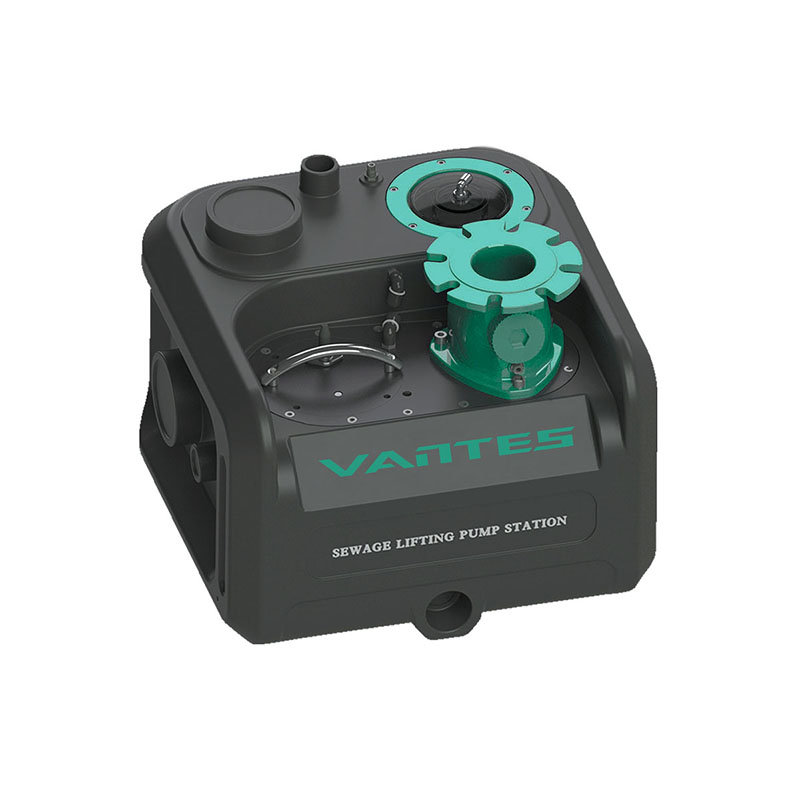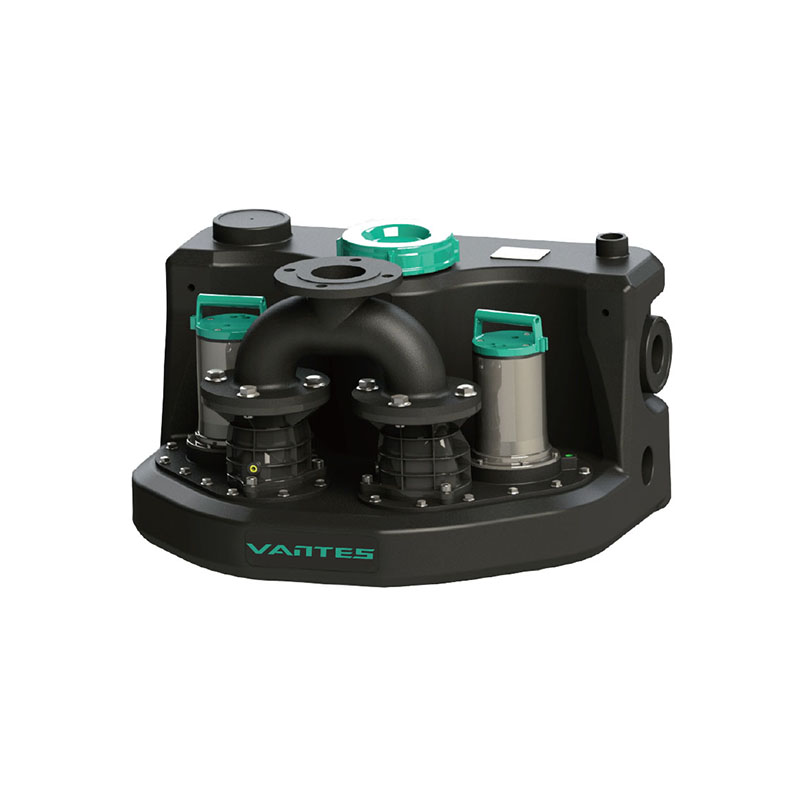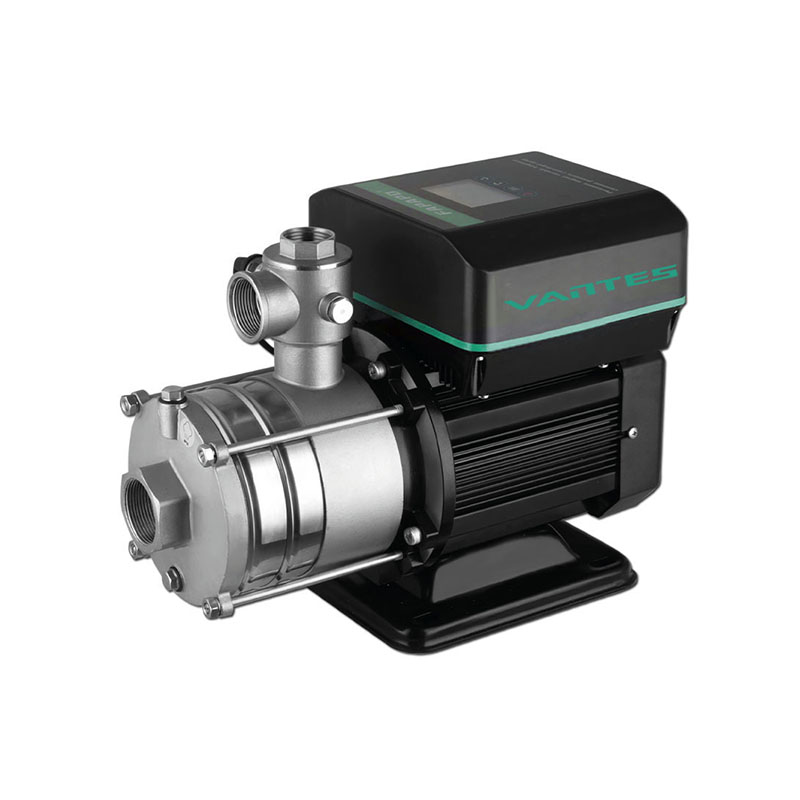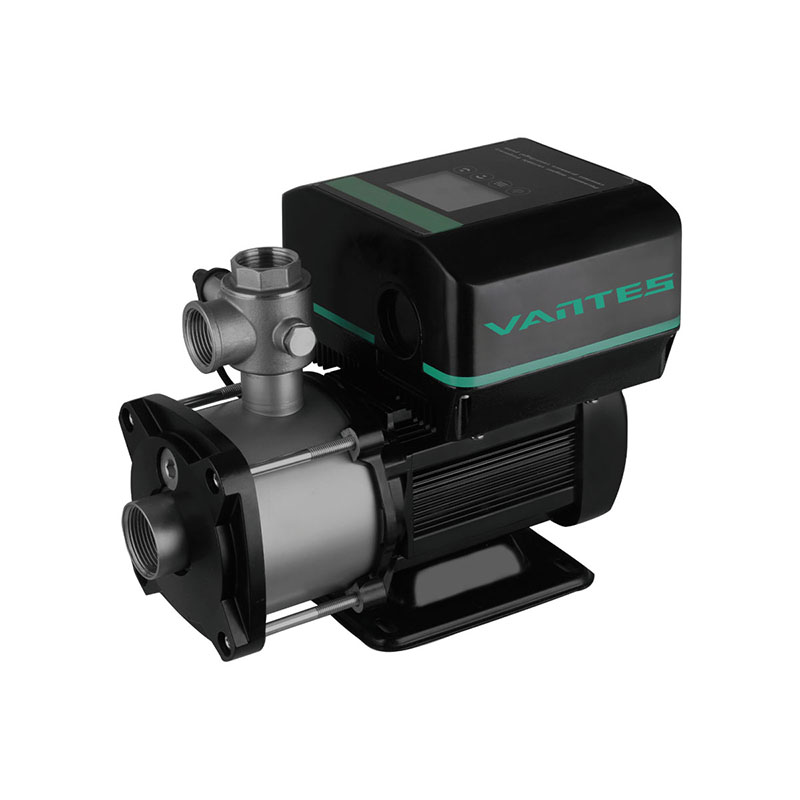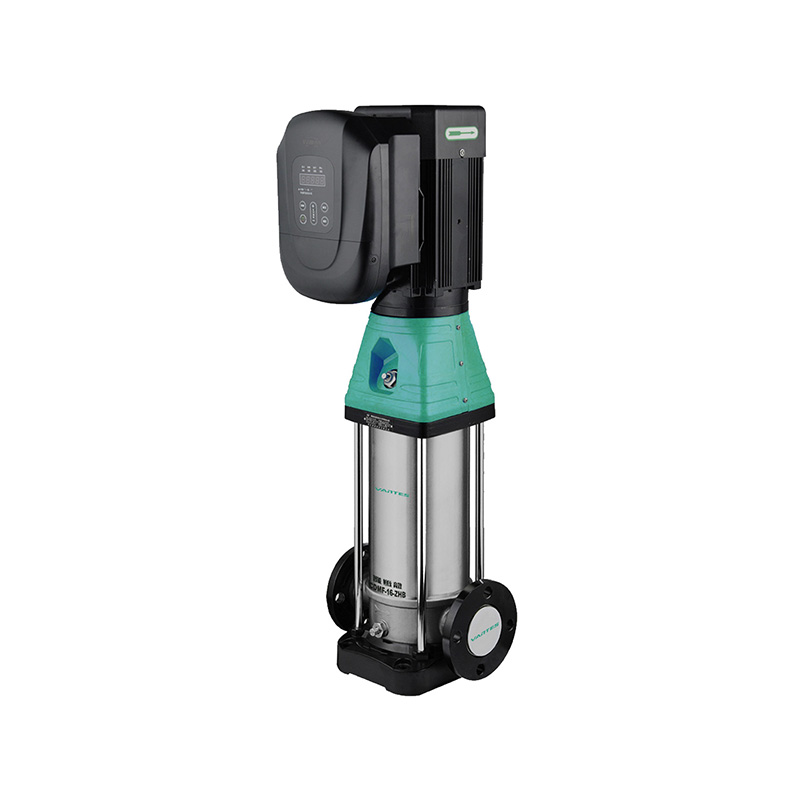As the demand for energy-efficient and reliable fluid handling solutions continues to increase, industries worldwide are turning to advanced pump technologies to meet their operational challenges. One such innovation making a significant impact is the Variable Frequency Pipeline Circulating Pump. This cutting-edge pump technology is revolutionizing the way fluid circulation is managed in a wide range of industries, offering unmatched flexibility, energy efficiency, and performance optimization.
The Variable Frequency Pipeline Circulating Pump (VFCP) uses a Variable Frequency Drive (VFD) to adjust the speed of the pump motor, enabling it to match the flow and pressure requirements of the system in real time. This dynamic adaptability results in significant energy savings, extended equipment lifespan, and reduced operational costs. Let’s explore how the Variable Frequency Pipeline Circulating Pump is changing the landscape of industries such as water supply, HVAC, industrial processing, and more.
What is a Variable Frequency Pipeline Circulating Pump?
A Pipeline Circulating Pump is designed to maintain the flow of fluids within a pipeline, ensuring that fluids like water, oil, chemicals, or other liquids are circulated efficiently across industrial systems. The Variable Frequency Pipeline Circulating Pump incorporates an advanced VFD, which allows for real-time adjustments to the pump’s speed. This means the pump can change its operation according to the fluctuating demands of the system, ensuring that the correct amount of fluid is circulated with minimal energy consumption.
Unlike traditional pumps, which run at a constant speed regardless of the system’s requirements, the VFCP offers greater flexibility by adapting its speed to meet varying load conditions. This ensures the pump operates optimally, reducing energy waste during low-demand periods and improving overall system performance.
Key Benefits of the Variable Frequency Pipeline Circulating Pump
Energy Efficiency and Reduced Operating Costs: One of the most significant advantages of the Variable Frequency Pipeline Circulating Pump is its energy efficiency. Traditional pumps run at full speed regardless of the demand, often wasting energy when full capacity is not required. By adjusting the speed of the pump based on real-time demand, VFCPs reduce energy consumption and lower operating costs. This energy-efficient performance is particularly valuable in large-scale systems such as municipal water networks and industrial facilities that require constant fluid circulation.
Improved System Reliability and Performance: The adaptability of Variable Frequency Pipeline Circulating Pumps improves overall system reliability. By adjusting the pump speed to match fluctuations in system demand, these pumps can maintain optimal pressure and flow rates, preventing pressure surges, cavitation, and other mechanical failures that are common in fixed-speed pumps. The result is a more reliable, stable system with fewer disruptions and breakdowns.
Prolonged Equipment Lifespan: Pumps operating at full speed all the time experience more wear and tear, reducing their operational lifespan. By running only at the required speed, the VFCP minimizes mechanical stress and reduces the frequency of maintenance. This leads to longer pump life and fewer service interruptions, ultimately lowering maintenance costs and improving the overall efficiency of the system.
Reduced Environmental Impact: In an era of heightened environmental awareness, reducing energy consumption is a critical objective for industries across the globe. The Variable Frequency Pipeline Circulating Pump supports sustainability goals by significantly lowering the amount of electricity consumed. With less energy required for operation, the carbon footprint of industrial operations is reduced, contributing to global efforts to combat climate change.
Adaptability to Changing Demands: The Variable Frequency Pipeline Circulating Pump is highly versatile and can adapt to a wide range of applications. Whether used in water treatment plants, cooling systems, or chemical processing, these pumps can adjust to varying system demands, ensuring consistent performance and efficiency across diverse environments. This adaptability makes them an ideal choice for industries where fluid circulation needs fluctuate based on operational conditions.
Smart Monitoring and Control: With integrated smart sensors and monitoring capabilities, VFCPs allow operators to remotely monitor and control pump performance. These features help detect potential issues early on, enabling predictive maintenance and reducing unplanned downtime. Smart technology further enhances the overall system’s ability to maintain optimal performance, as adjustments to the pump’s speed can be made instantaneously based on real-time data.
